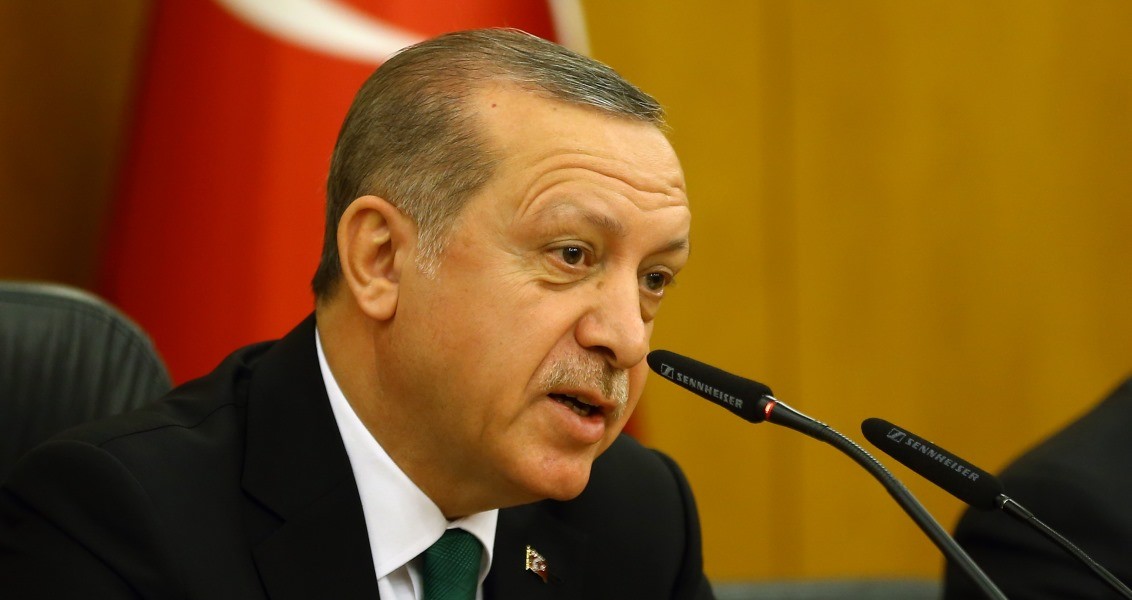There seems to be unprecedented public attention directed towards Turkey's economic dynamics, thanks to the strong statements made by President Recep Tayyip Erdoğan in recent days on the urgent need to reduce interest rates for accelerating economic growth. Indeed, the Turkish economy lost its momentum after the hasty interest rate hikes by the Turkish Central Bank (TCB) following the Dec. 17 and Dec. 25 process. These days, major actors in politics and economic decision-making all agree that a considerable reduction in base interest rates is necessary to revive growth and investment, with their views differing only on its extent and timing. Additionally, recent fluctuations in exchange rates stemming from international volatilaty and inconsistent announcements by the Chairman of the TCB were used to revive the conventional "independence debate." What is the true meaning of Central Bank independence in a well-regulated market economy? How exactly can we draw the boundaries of institutional independence, and which acts by political actors could be interpreted as enchroacing upon those boundaries? These are critical questions that return to the policy agenda following the comments of President Erdoğan calling on the TCB to adopt a more pro-growth attitude.
First, we need to state that it is not unusual to see occasional disagreements between political and bureaucratic figures on the implementation of macroeconomic policies in advanced market economies. Popularly elected politicians usually have a more developed capacity for taking the pulse of social and economic demands across a national system, therefore their priorities could be socially more "real" compared to cold-faced technocrats. But macroeconomic prudence requires that economic rationality is also maintained in all strategic decisions. Therefore, it is a matter of striking the right balance between socio-political and economic rationales.
Second, despite its credible record over the course of institutional independence, the TCB seems to be going through a rough period under the strain of fluctuations in the world economy and tensions in domestic politics. Over the course of the last 12 months, there were a number of instances in which the Bank hesitated to take brave decisions on time and open up a path for growth for the Turkish economy. Last week, we observed another case of such hesitation when Chairman Başçı talked about the possibility of an early meeting to revise interest rates and then changed his mind as the inflation drop was marginally below expected limits.
So when the president highlights the need for an interest rate reduction in view of the liberal trend of decline in expected inflation figures, does it constitute an intervention into the institutional independence of the TCB? We believe not. As a popularly elected president and strong political figure, he has every right to share his views on the future trajectory of the national economy. Politically, Erdoğan feels the responsibility to warn the rather conservative TCB on slow growth, which has a direct impact on fixed income earners and small- and medium-sized enterprises across the country. Erdoğan's position on the interest-rate debate is on the developmental end of the spectrum, which claims that interest rate reductions based on expected positive developments in the macroeconomic framework will spur growth and investment, thereby pulling down inflation over time.
Strangely, the position of the TCB Administration is firmly entrenched on the conservative-monetarist side, which exclusively focuses on price stability and inflation control as the fundamental responsibility of economic governance. Yet Turkey's recent economic record shows that even that fundamental responsibility was not successfully accomplished, as there were regular upward revisions in expected and realized inflation figures. Central Banks in the modern world, and especially in emerging markets, are redefined as strategic centers of economic competition by taking growth, employment, export a








